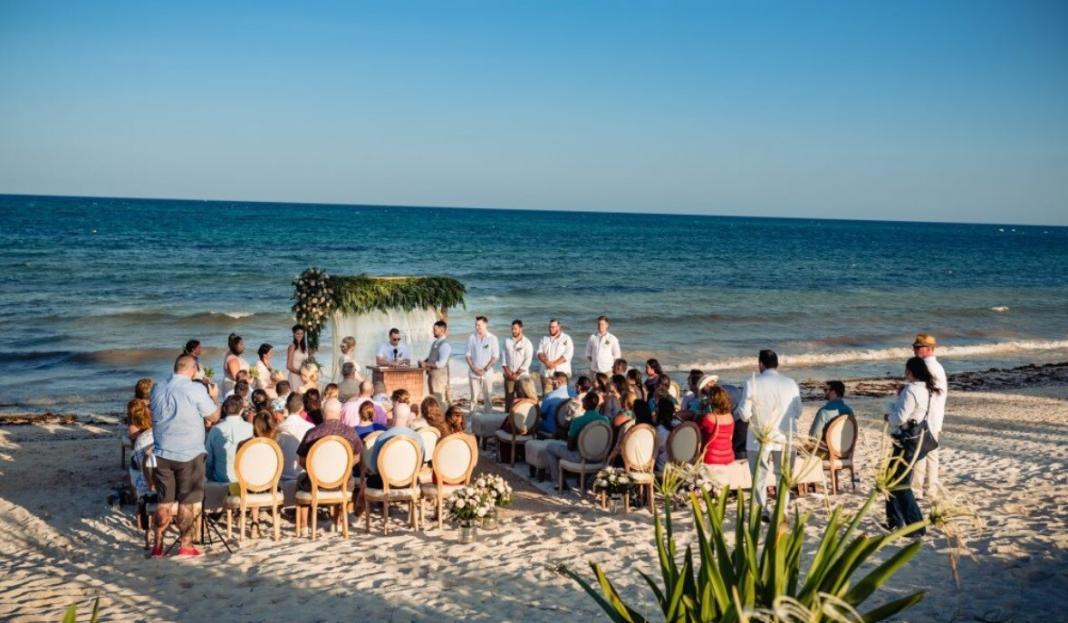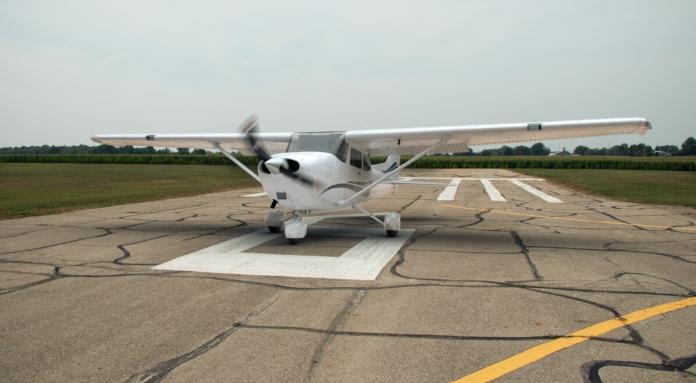Destination weddings offer couples a unique and memorable way to celebrate their union in stunning locations around the world. Planning such an event, however, comes with its own set of challenges and considerations. This guide will walk you through the necessary steps to ensure your destination wedding is seamless and unforgettable.
1. Choosing the Perfect Location
Selecting the ideal location for your wedding sets the tone for the entire celebration. The right destination can enhance the overall experience, making it memorable for both you and your guests. When choosing your wedding location, evaluate factors such as climate, accessibility, and the local atmosphere to ensure they align with your vision and logistical needs.
Here’s a closer look at what to consider in your search for the perfect setting:
- Accessibility: Make sure your guests can easily access the location. Look into direct flights, visa requirements, and local transportation options. A destination with good connectivity can ease the travel burden on your guests and reduce potential stress.
- Climate: Research the weather patterns of your desired location. Tropical destinations may be prone to rain during certain seasons, while other areas might experience extreme heat or cold. Choose a date that aligns with favorable weather conditions to avoid any unpleasant surprises.
- Local Attractions: Consider a location that offers various activities and sights for your guests to enjoy before or after the wedding. This can enhance their overall experience and make the trip more worthwhile.
- Legal Requirements: Each country has its own set of legal requirements for weddings. Some may require you to be in the country for a specific period before the ceremony, while others might need certain documents to be translated and notarized. Research these requirements well in advance to avoid any last-minute complications.
2. Budgeting for a Destination Wedding
When planning a destination wedding, budgeting extends beyond the obvious expenses like the venue and catering. Proper financial planning must take into account a range of additional costs, ensuring that every aspect of your celebration is covered and that there are no unwelcome surprises along the way.
You’ll need to consider several factors that can impact your overall expenses:
- Travel and Accommodation
Include flights for yourself and your guests. Depending on the location, airfare can vary significantly. Look for group discounts or early booking deals to manage costs.
- Local Taxes and Fees
Different countries have varying tax structures. For instance, some locations may have high VAT rates or additional service charges that could affect your budget.
- Currency Fluctuations
Exchange rates can impact your spending. Monitor currency trends and consider locking in rates if you’re making large payments in advance.
- Contingency Fund
Set aside a contingency fund for unexpected expenses. These could include last-minute changes, additional travel costs, or unforeseen legal fees.

3. Organizing Travel and Accommodation for Guests
Managing travel and accommodation for your guests is often one of the more complex tasks when planning a destination wedding. Ensuring that your loved ones arrive comfortably and stay in suitable accommodations requires careful organization and clear communication.
Here’s how to handle it effectively:
- Provide your guests with a detailed guide that includes information on flights, local transportation, and accommodation options. Include tips for navigating the area and any local customs.
- If many guests are traveling from the same location, consider arranging group flights or shuttle services. This can simplify logistics and often result in cost savings.
- Suggest nearby hotels or vacation rentals within various budget ranges. Providing a range of options ensures that all guests find something suitable.
- Offer to help guests with their bookings, especially if they’re unfamiliar with the destination. This can alleviate stress and ensure everyone is on the same page.
4. Selecting the Right Vendors
Choosing the right vendors plays a significant role in the success of your destination wedding. Ensuring that you choose professionals who understand your vision and can deliver on the day requires careful consideration.
Keep these things in mind:
- Research Local Vendors: Look for vendors with experience in handling destination weddings. Check reviews and ask for recommendations from locals or previous clients.
- Verify Credentials: Ensure that the vendors are licensed and insured. This can prevent potential issues and ensure that they adhere to local regulations.
- Review Portfolios: Examine their previous work to ensure their style matches your vision. For example, if you’re planning a beach wedding, look for a wedding photographer who has experience with outdoor events.
- Schedule Virtual Consultations: If visiting in person isn’t feasible, set up video calls to discuss details. This allows you to gauge their responsiveness and professionalism.
- Negotiate Contracts: Clarify all terms in the contract, including cancellation policies, payment schedules, and any additional fees. This helps prevent misinterpretations and ensures clarity.
5. Creating a Detailed Itinerary
Creating a detailed itinerary is important for ensuring that everything runs smoothly on your wedding day. You can help everyone involved by planning out each moment while staying on track and ensuring that no important detail is overlooked.
- Timeline of Events
Start by creating a timeline of events, from your guests’ arrival to the final farewell. Include details like transportation times, ceremony start times, and meal service schedules.
- Guest Activities
Plan activities for your guests to enjoy during their stay. These could include a welcome dinner, local tours, or a post-wedding brunch. Make sure there’s a good balance of organized events and free time.
- Emergency Contacts
Provide a list of emergency contacts, including the wedding planner, venue coordinator, and any other key vendors. This ensures that any issues can be quickly addressed.
6. Handling Last-Minute Challenges
Even with thorough planning, last-minute challenges can still arise. Stay flexible and open to change—destination weddings often demand quick thinking and adaptability, whether you’re handling a delayed flight or a sudden change in weather.
To keep things running smoothly, delegate tasks to trusted friends, family members, or your wedding planner. This can reduce your stress and ensure that all responsibilities are covered.
Additionally, prepare an emergency kit with essentials like a sewing kit, first aid supplies, and any necessary medications. This will help you manage minor issues without disrupting your special day.
Planning a destination wedding involves many unique considerations, but with careful preparation and attention to detail, it can be an exceptional experience for you and your guests. Choose the right location, plan effectively, and stay organized if you want your celebration to be memorable and enjoyable for everyone.
You may also like,
- Top Reasons for Choosing String Quartet for Celebrations in Wedding Ceremonies
- 10 Pre-Wedding Beauty Treatments for Brides-to-Be







